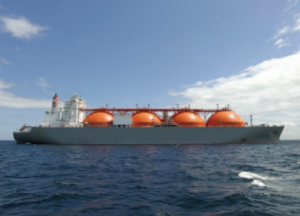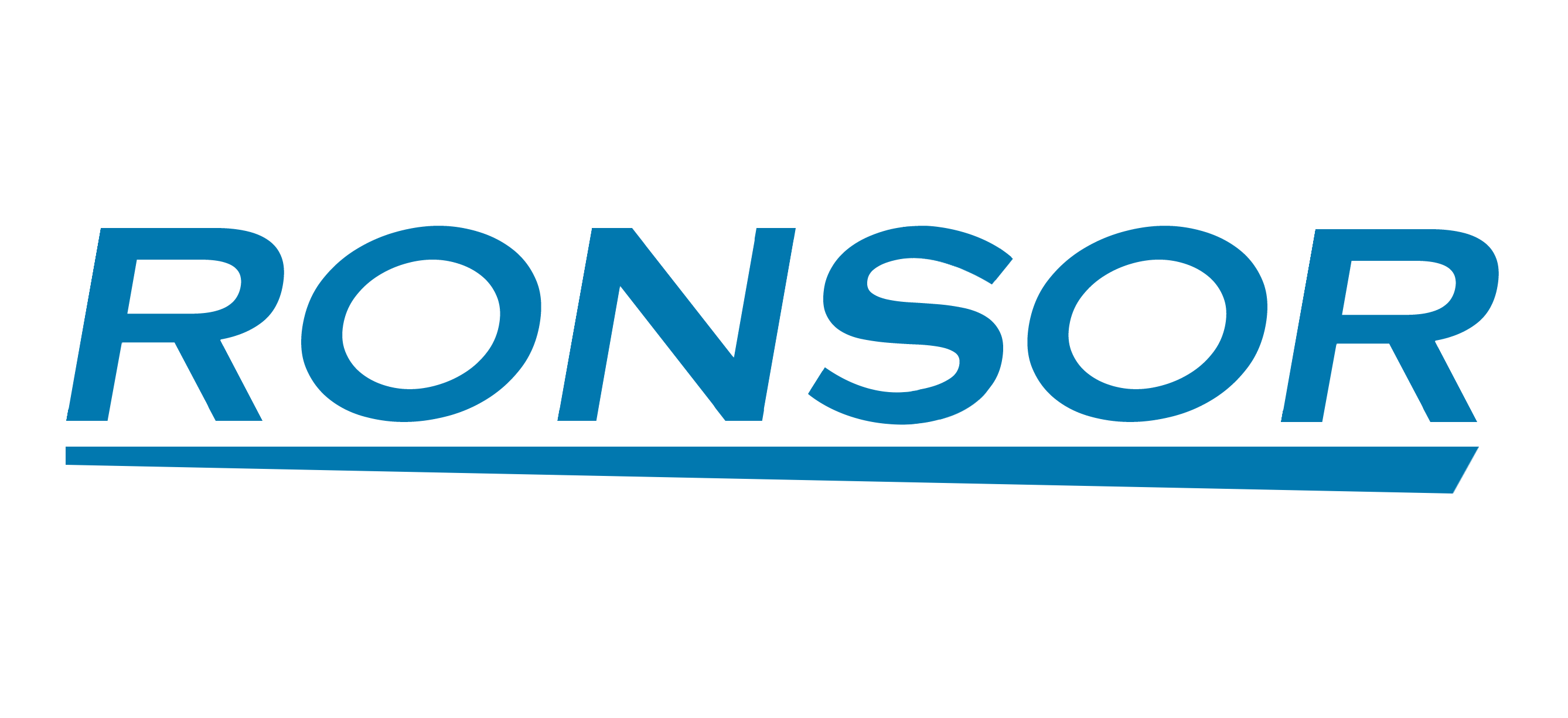
Application
LNG “boil-off” is a regular and routine condition experienced by transport tankers and other LNG operations. A growing number of environmental regulating bodies require measurement and reporting of how much gas is emitted (boiled-off). If this boil-off can be captured and utilized, there is a double beneft of reducing the emission and cost savings on energy.
LNG transport tankers are powered by steam turbines with their boilers fueled by methane (natural gas), oil, or a combination of both. When these tankers can capture the LNG boil-off it can be diverted to fuel the boilers, rather than wasted. In “low emission” zones, common in European Union waters, current MARPOL Annex VI, propulsion regulations make it mandatory for tanker operators to measure and report how much boil-off gas they are using. Accurate and reliable boil-off gas fow measurement, with an in-service calibration verifcation, ensures tanker operators comply with these regulations.
Flow Conditions
- Pipe diameter: 4 ʺ [100 mm]
- Flow rate: 0 lb/hr to 6,600 lb/hr [0 kg/hr to 3 000 kg/hr]
- Temperature: 68 °F [20 °C]
- Pressure: 29 psi to 87 psi [2 bar to 6 bar]
- Media composition: Natural gas
- Available straight-run: 20 d
Solution
An LNG tanker operator installed FCI Model ST110 fow meter in the pipeline coming off the boil-off gas capture system and feeding into the main gas line of the turbine boiler. The ST110 is confgured with dual natural gas calibrations and includes FCI proprietary, “wet” VeriCal ™ in-situ calibration verifcation system.
FCI ST100 Series: Model ST110
Benefits
- The ST110 meter with dual range calibrations provides required accuracy across a wider fow range, and meets regulatory accuracy requirements.
- Insertion-style fow meter simplifes installation to save time and cost.
- The VeriCal feature meets the operator in-service calibration verifcation requirements and eliminates unnecessary de-installation/re-calibration costs.
